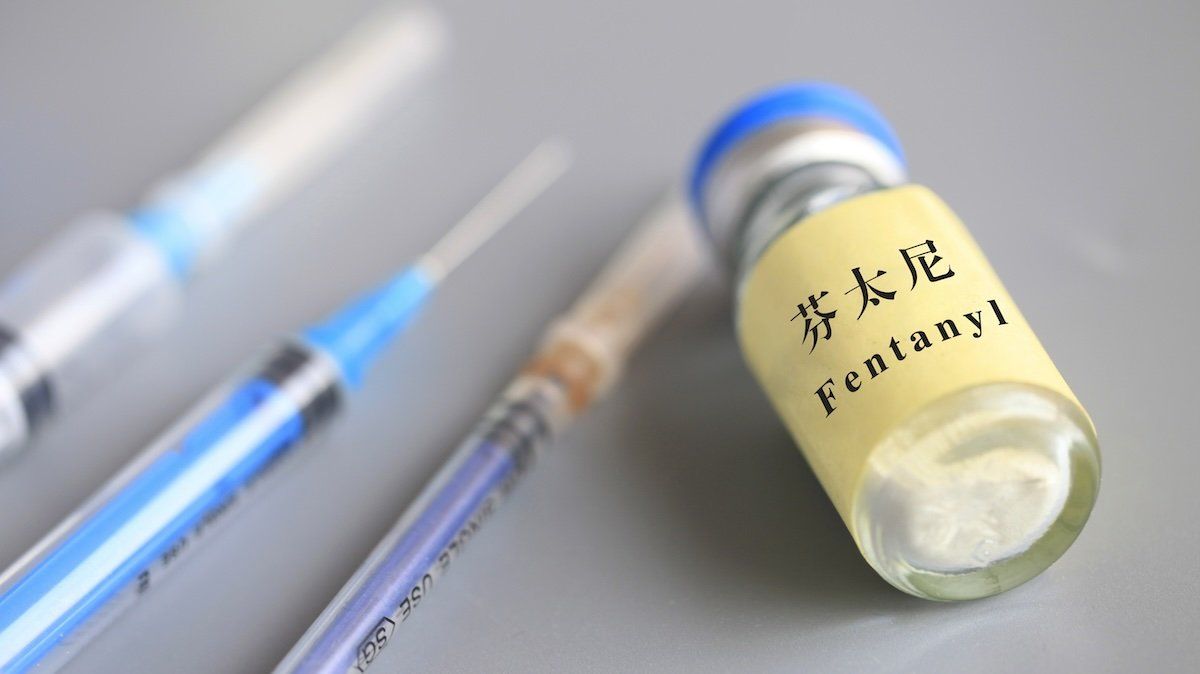China produces large quantities offentanyl, an opioid drug, much of which is then sold to drug cartels in Mexico that traffic narcotics into the United States. Fentanyl and other synthetic opioids were blamed for the overdose deaths of nearly 75,000 Americans in 2023.
For more than two years, the Biden administration has pressed China to stop the flow of chemicals used to make fentanyl. On Tuesday, China agreed to impose tougher restrictions and stricter oversight of the sale of three chemicals used to make fentanyl.
This tells us less about the future flow of opioids – they will probably continue to find their way across US borders – than about Beijing’s desire to protect stable and pragmatic relations with Washington. That is, at least until it becomes clear who will be inaugurated the next US president in January.
